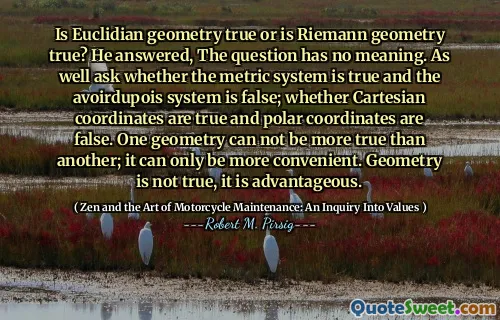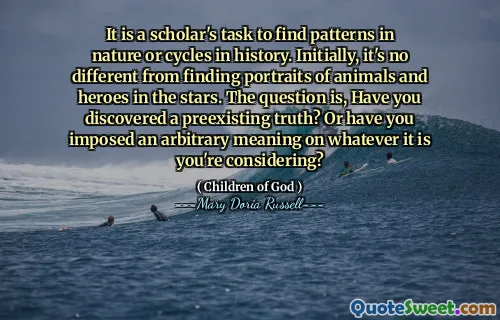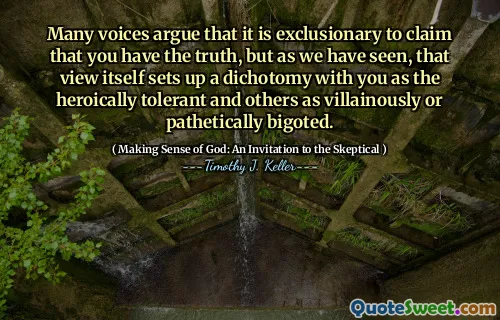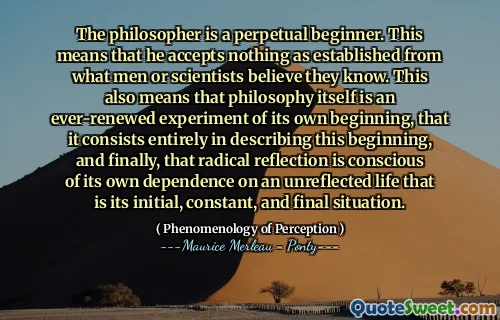
When the experts' scientific knowledge is legitimated in terms of being rational, logical, efficient, educated, progressive, modern, and enlightened, what analogies can other segments of society . . . utilize to challenge them?
This quote raises a profound question about the nature of authority and knowledge, particularly highlighting the hegemony of scientific experts in societal discourse. It challenges us to think about how the authority of experts—often perceived as the embodiment of rationality, logic, and progress—is established and accepted almost uncritically. These traits, while laudable, risk becoming barriers that exclude other ways of knowing or alternative perspectives. When scientific knowledge is framed as the only 'legitimate' form of understanding, it marginalizes experiential knowledge, indigenous wisdom, and other cultural epistemologies that don't conform to the same criteria.
The quote prompts an inquiry into the ways in which different segments of society might challenge or engage with expert knowledge. Such challenges are not about dismissing scientific inquiry but about recognizing the limits of its claims and the value of other forms of knowledge that contribute to a richer, more nuanced understanding of the world. It implies a critical examination of power dynamics—how knowledge asserts legitimacy and who holds the keys to that authority.
This reflection nudges societies to think about the analogies or frameworks that can bridge the communication gap between experts and the wider public, ensuring inclusivity and dialogic interaction rather than top-down knowledge transmission. Ultimately, it is a call for epistemic humility, reflexivity, and pluralism in how we understand knowledge, rationality, and progress.










